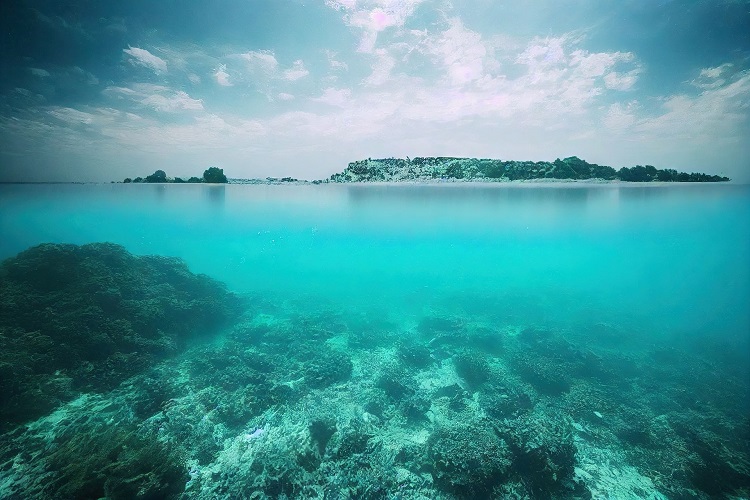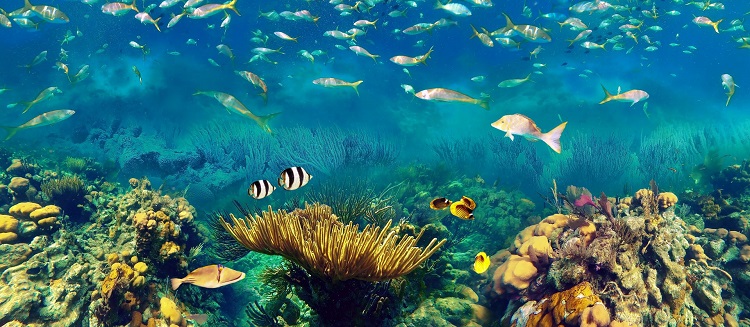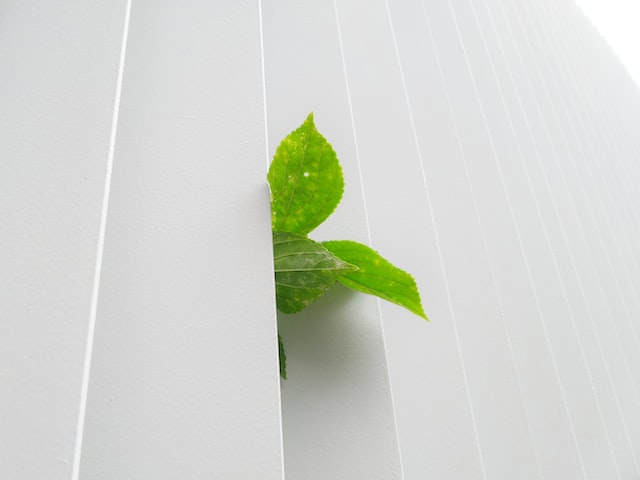
Over the past years, lagoons have been under constant threat. One of the main threats to lagoons is pollution. The industrial and community wastewater discharge, irresponsible use of agricultural chemicals, land-based pollutants carried by storm water runoff, and the growth of tourism activities all contribute to the pollution of lagoons.
These contributing factors put the balance of the lagoon ecosystem in jeopardy. The survival of various species of plants and animals inhabiting a lagoon is at risk because of the degradation of water quality and the presence of pollutants. However, with the community’s cooperation, Indian River Lagoon pollution can be addressed. So, to save this unique ecosystem, consider the following suggestions that help reduce lagoon pollution.
Avoid Using Motorboats
Motorboats are a great way to have fun on a sunny day, but they can harm flora and fauna in lagoons. Whenever you use a motorboat or other motorized watercraft, their exhaust leaves behind traces of oil.
The toxins emitted will affect water quality and lead to algal growth, which is detrimental to lagoons. The excessive growth of algae, also known as algal bloom, prevents sunlight from reaching the seagrasses, keeping them from thriving. Seagrasses are particularly important because they serve as a habitat for fish and other organisms. Some algae also produce toxins that harm aquatic life, domestic animals, and humans.
With motorboats being loud, they cause disturbances that pose a problem for aquatic life. The movement from the motorboats affects aquatic life by disturbing their activities, such as nesting, hunting, or mating. The waves caused by motorboats also affect them through habitat alteration.
To avoid polluting the lagoon with noise and toxins, consider eco-friendly water activities. Some great options include kayaking, kitesurfing, and snorkeling.

Avoid Leaving Trash Around The Lagoon
When trash, such as plastic bags and bottles, are scattered along the banks of a lagoon, they can easily get carried into this shallow body of water by wind and rain. Once plastic trash gets to the lagoon, they pose a choking or entangling hazard to aquatic life.
Plastic pollution may eventually lead to the depletion of biodiversity. So, once you’re done having a picnic by the lagoon, remember to pick up your litter and dispose of it responsibly.
Avoid Using Chemical Sunscreen
Chemical sunscreens may contain ingredients that can harm or pollute the lagoon. Once you start swimming, the harmful ingredients in your sunscreen get washed off into the lagoon, affecting it in different ways.
These harmful chemicals may lead to the growth of blue-green algae, which can hamper the photosynthesis of seagrasses and affect the growth of marine life. As for coral life, sunscreen toxins may cause coral bleaching, deform baby corals, and damage the coral’s deoxyribonucleic acid (DNA).
Furthermore, these chemical compounds can reduce the fertility and reproduction of fish populations. To avoid these harmful effects, you may opt for eco-friendly sunscreen. Mineral sunscreens are safer to use because they’re formulated with natural ingredients.
Avoid Using The Lagoon As A Toilet
Refrain from using the lagoon as a toilet, as human waste is a pollutant. This waste contains excess nutrients that can serve as a fertilizer source for algae. As discussed above, algal blooms may cause the death of aquatic plants and animals. This happens as excessive algal growth reduces oxygen levels, so the water can barely support aquatic plant life.
Furthermore, human health is also at risk when the lagoon is polluted.
Install A Rain Barrel
A rain barrel can help reduce pollution by capturing rainwater, decreasing the amount of water runoff. With reduced water runoff, fewer pollutants such as sediments and chemicals get deposited by rushing rainwater into lagoons and other bodies of water.
An added benefit is that you may repurpose the water you have collected in your rain barrel. You can use it to water the plants or wash your windows.
Follow Fertilizer Ordinances
Some counties and municipalities have adopted fertilizer ordinances to help improve the water quality of lagoons and other bodies of water. These rules may include the following:
- Do not apply nitrogen and phosphorus fertilizer on your lawn during the rainy season.
- Do not use fertilizers within 10 feet of the lagoon or other bodies of water.
- Do not fertilize your lawn when there’s a forecast of heavy rains.
- Apply nitrogen fertilizer with 50% slow release.
Regulating the use of commercial fertilizers can help reduce the amount of harmful chemicals carried by stormwater runoff into the lagoons.
Bottom Line
Currently, lagoons are suffering from pollution that can kill off flora and fauna. But by refraining from specific activities and being more mindful of their actions, the community members can significantly reduce lagoon pollution.



